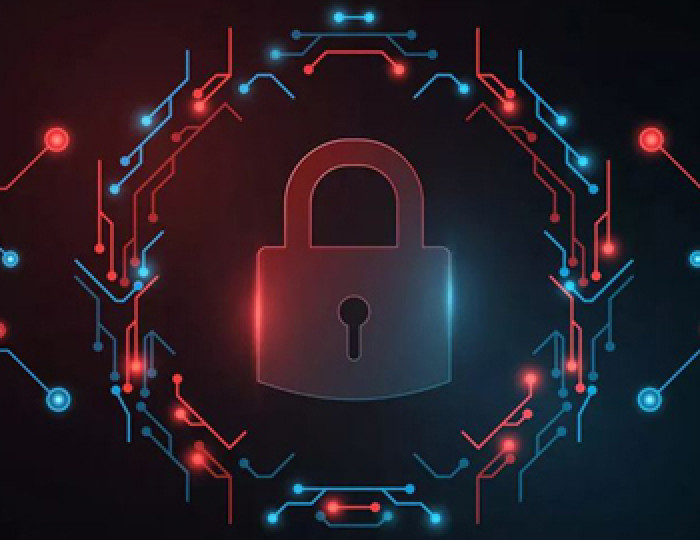Three ways to mitigate cyber attacks

All of us may have experienced security hassles in information technology domains at some point in time. Although companies do not have to have their own elaborate cloud infrastructure, such as separate database servers, servers for mail, firewalling systems and routers, modems and high-speed devices, we know that it is security that becomes a huge risk for companies using cloud technology. Cyber-hackers easily can get hold of system data and files such as documents, videos, audio files and images. This appears to be a downside of using cloud systems.
As we know, cyber-attacks can be dangerous to company data and sensitive client data can be compromised. More particularly now as current trends are to use cloud technology and external servers for data storage. This method of accessing and storing data remotely exposes vulnerabilities in the entire system. Challenges of security issues become very real to organizations and cannot be ignored or treated casually.
According to common knowledge, there are different types of cyber-attacks like Phishing, Malware, SQL injection, Cross-site scripting to name a few.
Three effective
practices to mitigate cyber-attacks:
From experience, we have outlined three simple ways that
data can be protected from external attacks by taking a proactive stance rather
than being reactive:
1. Effective password management systems and strong passwords- Companies could stand to gain from making their policies regarding strict and enforcing them periodically. Moreover, staff could be made aware that passwords need to be strong and changed from time to time. Organizations would need to create processes to protect from dangerous data attacks.
2. It is recommended that APIs, Websites, and web and mobile applications be made secure. Hackers and malware virus attacks can be stopped to an extent if effective mitigation systems are in place. Defend company data networks and systems, devices, and employee data from malicious attacks. Use of an effective and good website builder that includes an SSL certification would be a good idea. We recommend that you get an SSL certification for your website.
3. Efficient and effective firewalling and anti-virus protection systems could be installed. Some may be expensive but it is worth the extra cost in the long run. Which appears better? Especially when one cyber-attack can throw you off for months of rewriting code to protect the system. Manhours lost re-writing code can be a waste of precious company time to block attackers.
How to
keep cloud systems safe?
As we are aware, API is the main method to communicate with cloud systems. So, one way to protect your data is to effectively secure interfaces and the API from outside users, as most of these services are open to the public domain. It is a well-known fact that hackers easily access accounts and perform unauthorized activities leading to fraud and data safety issues.
Also, most times transferring from one service provider to another for various reasons can cause data loss and safety concerns as all data needs to be shifted. Potential risks appear with this activity for example shifting from a google server to an AWS cloud server or vice versa.
Secure
client confidentiality and trust
To conclude, it is recommended that organizations secure data and highly sensitive client information by creating effective internal processes and systems of periodic risk assessment, monitoring, and controlling to develop processes and to keep data secure from external threats. Most especially the online banking and online government organizations are highly at risk as they have sites that see huge traffic and denial of service (DoS) attacks are very common. We may be wise to the old paradigm ‘prevention is better than cure’ that is relevant today more so in the use of cloud technology.


